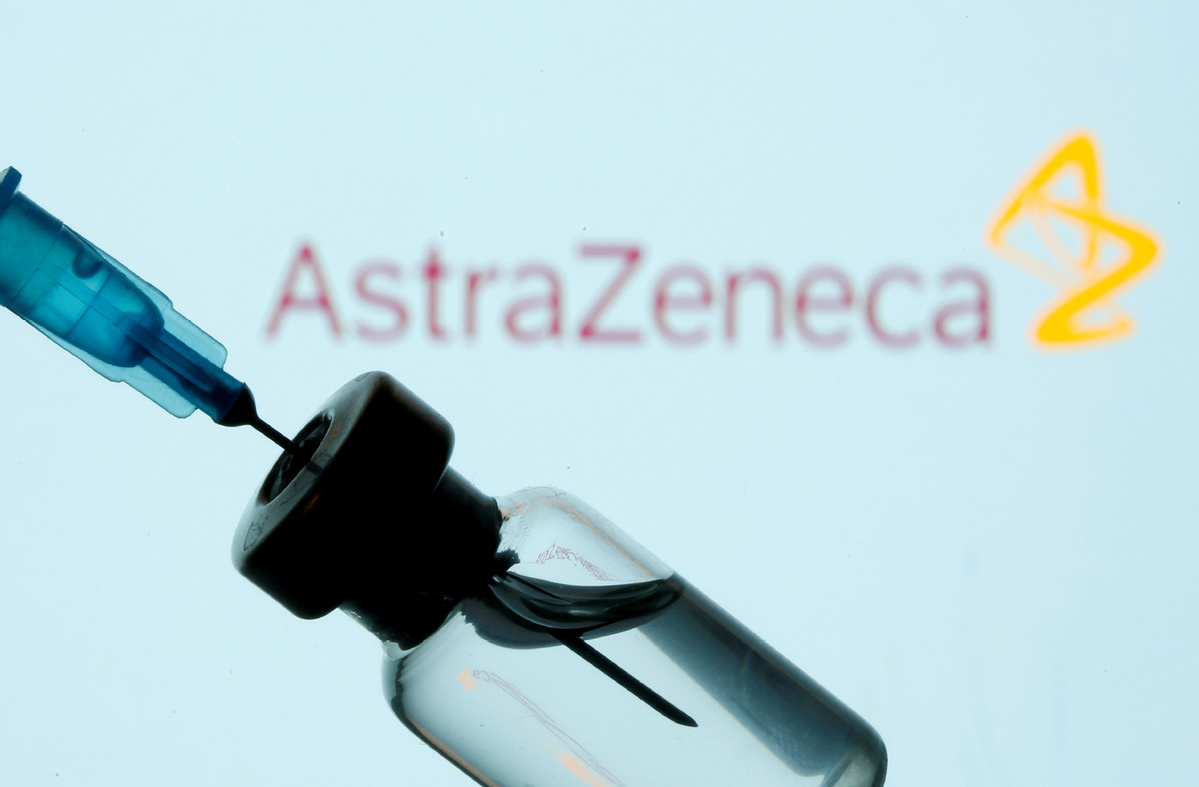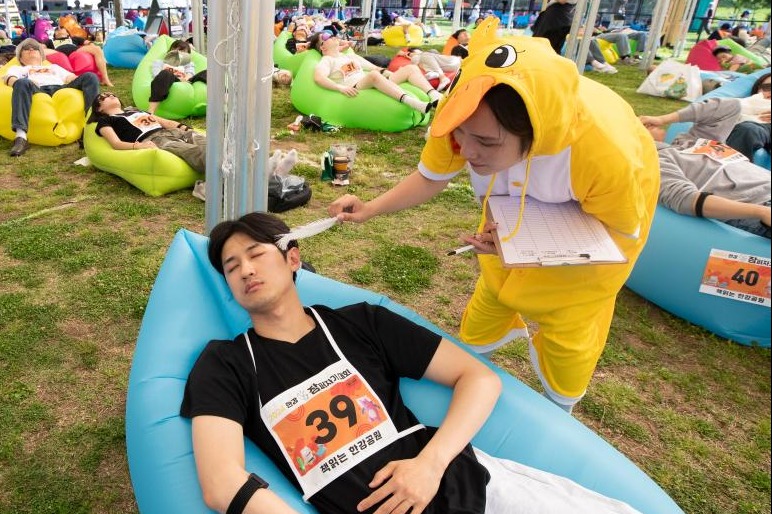Two sides seek common ground in row over jab
By JULIAN SHEA in London | China Daily Global | Updated: 2021-01-29 11:10

Pharmaceutical manufacturer AstraZeneca and the European Union have pledged to work together to overcome difficulties in supplying COVID-19 vaccine after a high-profile contractual dispute.
The EU signed a deal with the company on behalf of all 27 member states, for vaccine supply to be managed centrally, but production difficulties at sites in the EU led to AstraZeneca saying it would only be able to supply less than half the first batch.
As a result, the EU demanded access to vaccines made by AstraZeneca at plants in the United Kingdom, which have not experienced difficulties. However, the UK signed its supply contract with the company earlier than the EU did, and has already approved and started using the vaccine, which is not yet the case in the EU.
Crisis talks between the two sides took place on Wednesday, after which EU Health Commissioner Stella Kyriakides spoke of her regret at the "continued lack of clarity on the delivery schedule", but added "we will work with the company to find solutions and deliver vaccines rapidly for EU citizens".
She had previously said that "the logic of first-come first-serve", and AstraZeneca putting the UK first, was not correct in circumstances such as this. "That may work at the neighborhood butcher's but not in contracts, and not in our advanced purchase agreements," she added.
A representative of AstraZeneca said the company had "committed to even closer coordination to jointly chart a path for the delivery of our vaccine over the coming months."
In August the EU signed a deal for 300 million doses from AstraZeneca, with an option for a further 100 million, in addition to a larger contract with United States/German vaccine maker Pfizer-BioNTech. However, both supply chains have experienced difficulties, meaning the EU's centralized vaccine program has made a slow start.
Pascal Soriot, CEO of AstraZeneca, rejected the suggestion the company is in breach of contract, saying that the agreement signed with the EU was only for a "best effort" as the drug was in development.
"The reason why we said (it's a best effort]) is because Europe at the time wanted to be supplied more or less at the same time as the UK, even though the contract was signed three months later," he told German newspaper Die Welt.
British Prime Minister Boris Johnson said he felt confident that supplies would be kept up and the country's vaccination program would continue to make progress.
His remarks were backed up Cabinet minister Michael Gove, who defended Britain's right to priority on the vaccine.
"I think we need to make sure that the vaccine supply that has been bought and paid for, procured for those in the UK, is delivered," he told radio station LBC.
"But of course, we're always going to work with our friends and neighbors, we have to make sure that we can do everything we can to help them.
"But our priority has to be making sure that the people in our country who are vulnerable and who we have targeted for vaccination, receive those jobs in those arms."
Meanwhile, one of Britain's leading professional organizations of scientists and clinicians has defended the country's approach of extending the gap between first and second vaccines to as long as 12 weeks, an approach that has been widely disputed, and is not currently being adopted by any other countries.
The British Society for Immunology told the Financial Times that it backed the policy, a decision which was based on clinical evidence of the help given by the first shot, and expert opinion that a delay to the second would not do any long-term harm to resistance.
It also said that getting at least some protection out to the maximum number of people, rather than complete protection to a smaller number, brought about "by far the largest chance of reducing the disease burden and death rate compared with other measures," a view backed up by Stephen Evans, professor of pharmacoepidemiology at the London School of Hygiene and Tropical Medicine.
"I feel even more sure that it is right to do 'first doses first' now than I did a month ago," he said, adding that the scarcity of vaccine and the danger posed by the new strains of the virus meant that this approach was the most effective.
























